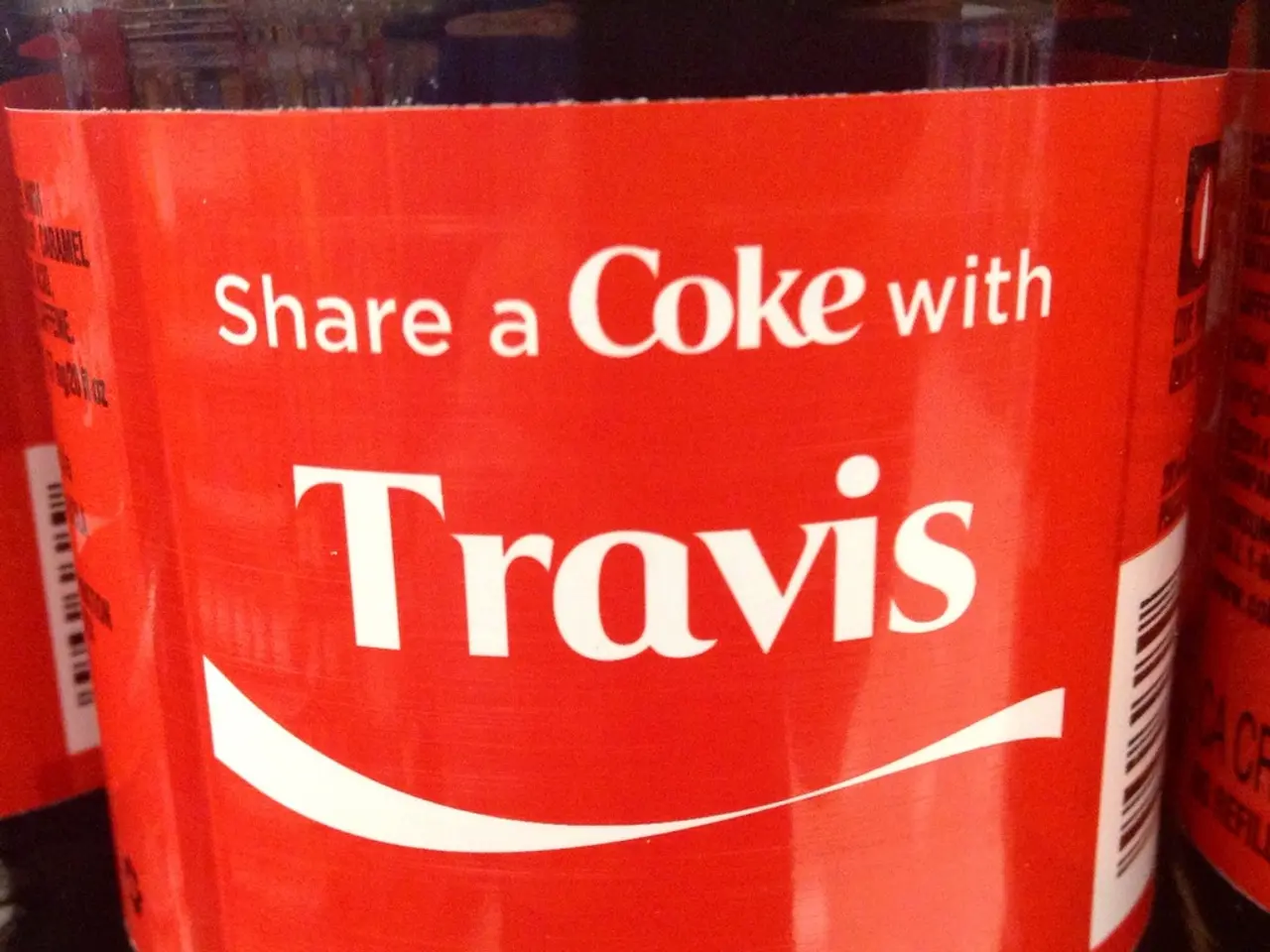Military leaders in Israel express valid concerns that they may be unwittingly stepping into a strategically planned ambush
Israeli Prime Minister Benjamin Netanyahu's decision to launch a ground assault on Gaza City has sparked controversy, with critics arguing that the operation risks severe humanitarian consequences, mass civilian suffering, and violations of international law in an area where nearly one million Palestinians live under already dire conditions.
The move has been met with opposition from various quarters, including human rights groups like Amnesty International. They warn that expanding the military presence in Gaza City will likely cause massive displacement and exacerbate the ongoing humanitarian crisis, including starvation and destruction amid what has been described as genocide conditions.
Families of hostages and some Israeli military leaders have also spoken out against the plan, fearing it will increase civilian suffering without clear guarantees for hostage release or regional stability. Hamas has condemned the attack as a "new war crime," and several countries, including China, Turkey, the UK, and the UN’s rights chief, have expressed concern.
The potential consequences of this decision are far-reaching. They include further mass displacement of civilians within the Gaza Strip, a high civilian death toll and destruction from urban fighting, international backlash and diplomatic strain, and a prolonged and intensified conflict.
Germany has already halted military exports to Israel over fears that equipment could be used in Gaza, and criticism from multiple world governments is mounting. The operation could further damage Israel's already strained diplomatic relationships, including with the United States.
Netanyahu's stated goal is to defeat Hamas, demilitarize Gaza, and establish an alternative civil administration outside of Hamas and the Palestinian Authority. However, military experts have warned that a full occupation could entangle Israel in a "black hole," suggesting alternatives like encirclement rather than outright control.
In a dramatic turn of events, it is reported that Netanyahu overruled his army chief after a shouting match, according to Israeli media. This decision has raised concerns among Israeli army officers and veterans, who fear the assault will drag soldiers and Israel into a quagmire.
Relatives of the surviving hostages fear an army offensive will lead to their deaths, too. As the situation unfolds, the world watches with bated breath, hoping for a peaceful resolution that avoids the predicted humanitarian catastrophe and respects international norms.
[1] Amnesty International. (2021). Israel/Occupied Palestinian Territories: Escalating violence in Gaza risks a humanitarian catastrophe. [online] Available at: https://www.amnesty.org/en/latest/news/2021/05/israeloccupied-palestinian-territories-escalating-violence-in-gaza-risks-a-humanitarian-catastrophe/
[2] Al Jazeera. (2021). Israel-Gaza conflict: Netanyahu's ground assault plan faces criticism. [online] Available at: https://www.aljazeera.com/news/2021/5/11/israel-gaza-conflict-netanyahus-ground-assault-plan-faces-criticism
[4] The Guardian. (2021). Israel's Gaza war: how the world's revulsion at Hamas's brutal rampage is fading. [online] Available at: https://www.theguardian.com/world/2021/may/11/israels-gaza-war-how-the-worlds-revulsion-at-hamas-brutal-rampage-is-fading
[5] Middle East Eye. (2021). Israel's ground assault on Gaza City could last four to five months, Israeli media claims. [online] Available at: https://www.middleeasteye.net/news/israels-ground-assault-gaza-city-could-last-four-five-months-israeli-media-claims
The decision to launch a ground assault on Gaza City by Israeli Prime Minister Benjamin Netanyahu has been met with criticism from various quarters, including human rights groups like Amnesty International, who warn that it could cause massive displacement, exacerbate the ongoing humanitarian crisis, and violate international law. The operation could further damage Israel's already strained diplomatic relationships, including with the United States.







